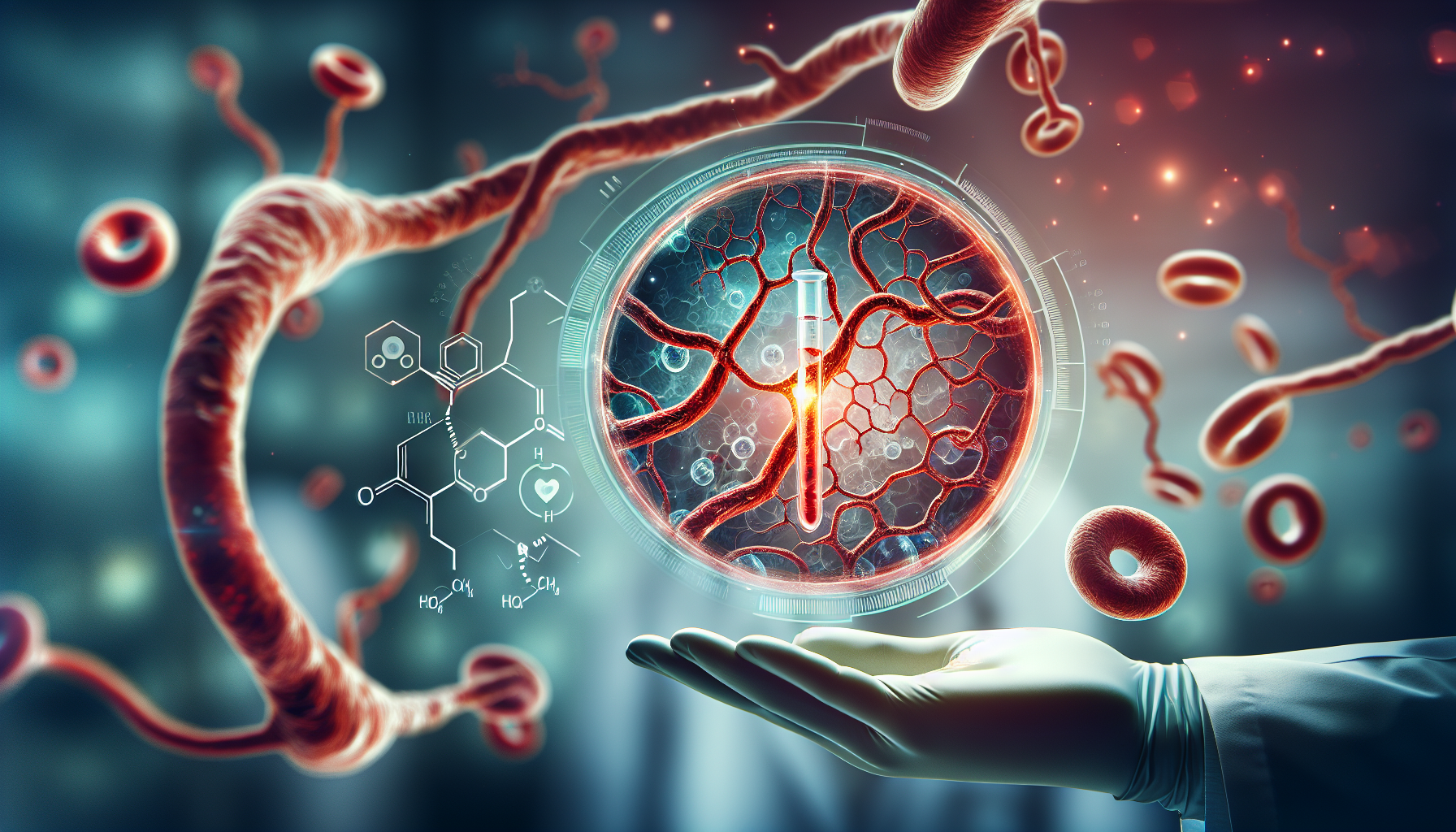New Leaps in Acute Leukemia Treatments: DSP-5336 Shows Promise
Key Takeaways
- DSP-5336 shows promise in treating relapsed or refractory acute leukemia.
- The drug has a favorable safety profile, with minimal side effects.
- There is a high unmet need for targeted leukemia treatments, and DSP-5336 aims to fill this gap.
Did You Know?
Introduction to DSP-5336
Sumitomo Pharma America recently shared new clinical data on DSP-5336, an experimental drug aimed at treating relapsed or refractory acute leukemia. This information was presented at the European Hematology Association 2024 Congress, highlighting the ongoing progress in fighting this aggressive cancer.
What is DSP-5336?
DSP-5336 is a small molecule inhibitor targeting the interaction between menin and the mixed-lineage leukemia (MLL) protein. This interaction is crucial for various biological processes, including cell growth regulation and bone development.
Study Details and Findings
The study covered 57 patients receiving DSP-5336 in varying doses, from 40 mg to 300 mg, administered twice daily in 28-day cycles. Researchers found that doses of 140 mg or higher produced more consistent positive responses, especially in patients with specific genetic mutations.
Of the 21 patients with NPM1 mutation or KMT2A (MLL) rearrangement, 57% exhibited a positive objective response. An impressive 24% of these patients achieved complete remission or near-complete remission.
Safety Profile of DSP-5336
Importantly, DSP-5336 was well-tolerated across the patient cohort. There were no serious side effects such as dose limiting toxicity (DLT) or cardiac issues. Additionally, drug interactions with other medications, like azoles, were minimal.
Only three cases of differentiation syndrome (DS) occurred, each of which were manageable without requiring intensive care. This makes DSP-5336 a relatively safe option for patients already battling severe conditions.
Expert Opinions
Dr. Naval Daver of the MD Anderson Cancer Center praised the drug's efficacy and safety profile. He pointed out that DSP-5336 could potentially reverse the cancerous activities of MLL fusion and mutated NPM1 proteins.
Understanding Acute Leukemia
Acute leukemia is a form of cancer developing in blood-forming tissues. It leads to a rapid increase in abnormal white blood cells, requiring immediate treatment. Acute myeloid leukemia (AML) is a subtype with a particularly high urgency for new and effective treatments.
Mutations in Acute Leukemia
Mutations in the NPM1 gene occur in approximately 30% of AML patients, while KMT2A (MLL) rearrangements are seen in 5-10% of cases. These genetic specifics make DSP-5336 a highly targeted treatment option for these patients.
Unmet Needs and Future Prospects
Currently, no targeted treatments exist for AML patients with these specific genetic markers. DSP-5336 aims to fill this gap, offering hope for a more effective and well-tolerated treatment option.
About Sumitomo Pharma
Sumitomo Pharma is a multinational company with significant operations in oncology and other medical fields. They are committed to rapid discovery and development of new therapies to meet unmet medical needs.
The company is continuously expanding its pipeline with promising new drugs like DSP-5336.
Clinical Trials and FDA Approval
DSP-5336 is currently in Phase 1/2 clinical trials, monitoring its safety and efficacy. The drug has already received Orphan Drug Designation from the FDA, indicating its potential benefit. Ongoing research will confirm its final approval status in the future.
References
- European Hematology Association 2024 Congresshttps://www.ehaweb.org
- MD Anderson Cancer Centerhttps://www.mdanderson.org
- ClinicalTrials.gov DSP-5336 Studyhttps://clinicaltrials.gov/ct2/show/NCT04988555





